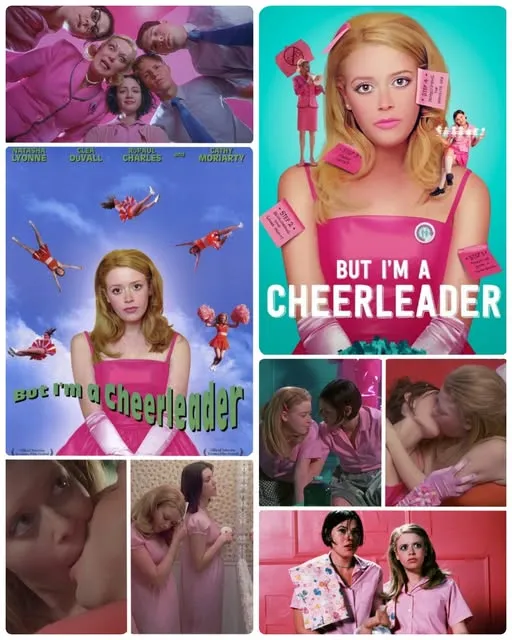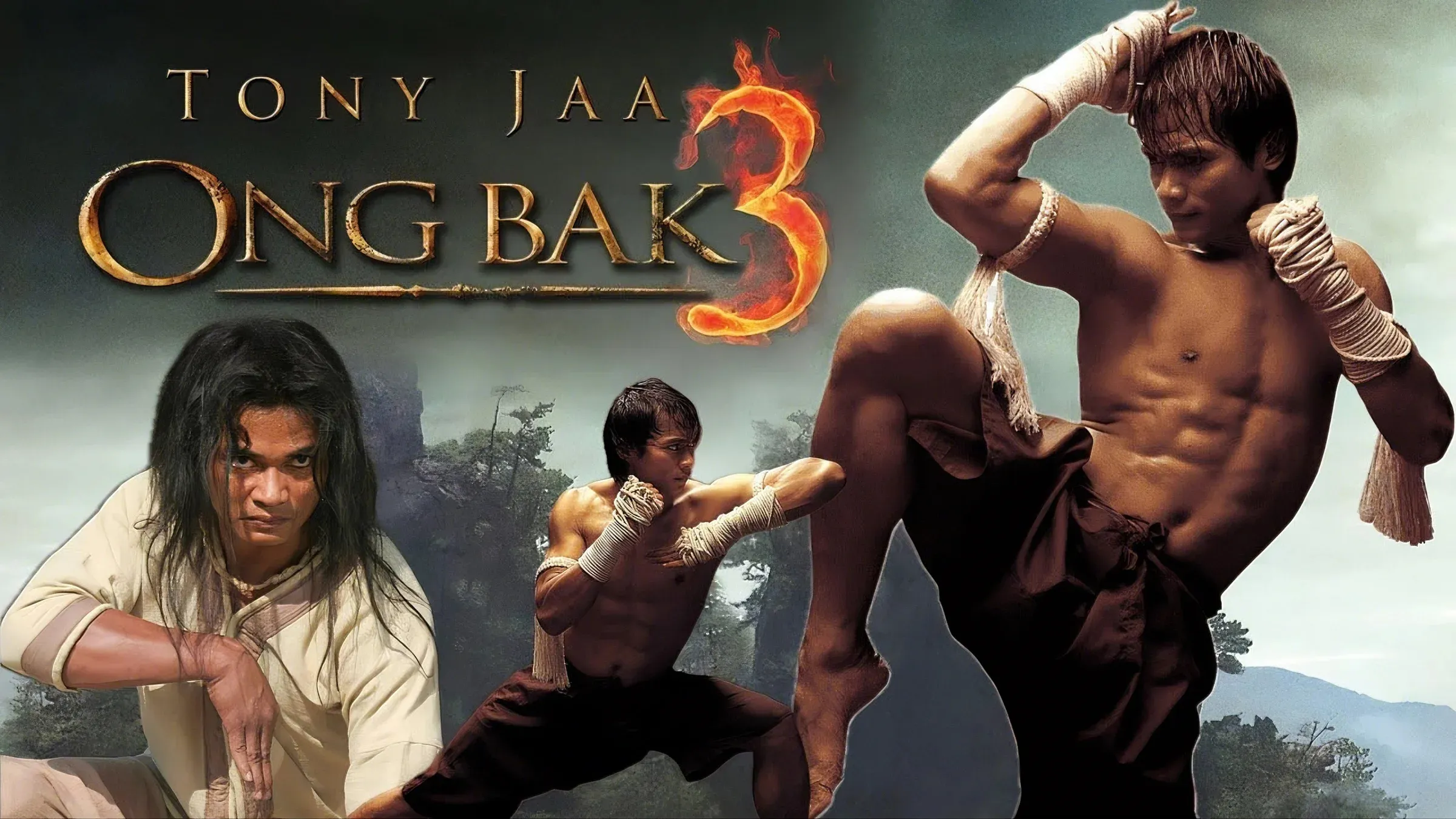But I’m a Cheerleader (1999)
But I’m a Cheerleader (1999), directed by Jamie Babbit, is a satirical comedy that cleverly examines gender roles, sexuality, and the societal expectations placed on young people, all while delivering humor and heart. The film centers on Megan (Natasha Lyonne), a high school cheerleader living a seemingly perfect suburban life. She is the epitome of a popular, all-American girl—blonde, attractive, and the captain of her cheerleading squad. However, Megan’s life takes an unexpected turn when her parents, suspicious of her behavior, send her to a conversion therapy camp called True Directions. They believe that Megan’s disinterest in boys and her apparent lack of romantic involvement with them is a sign that she is a lesbian, which they want to "correct." Megan, who is initially confused and oblivious to her own sexuality, reluctantly agrees to attend the camp, unaware that this forced "treatment" will open her eyes to her true self and lead her on a journey of self-discovery. At True Directions, Megan meets a colorful group of campers, each of whom has been sent there for different reasons but shares a common goal: to be "cured" of their homosexuality. The camp, led by the enthusiastic and misguided Mary Brown (Cathy Moriarty), employs a series of bizarre and comically ineffective activities designed to reinforce traditional gender roles and "straighten out" the participants. These activities include everything from teaching the boys how to build a barbecue grill to instructing the girls on how to clean a house and cook dinner—activities that reinforce rigid stereotypes of femininity and masculinity. As Megan participates in these sessions, she begins to bond with the other campers, especially with the rebellious Graham (Clea DuVall), who is unapologetically gay and challenges Megan’s views on herself. Graham becomes an important influence on Megan, showing her that her feelings are not wrong and that she is not alone. The two women begin to form a close friendship, and soon, their connection deepens into a romantic attraction. This relationship marks the beginning of Megan’s journey toward self-acceptance as she begins to recognize her own sexual orientation.

As Megan’s relationship with Graham blossoms, the camp’s efforts to "correct" them become more absurd and oppressive. The more Megan learns about herself, the more she rejects the forced heterosexuality that True Directions insists upon. Megan’s growth culminates in her decision to stand up for who she truly is, despite the pressures from her parents, the camp, and societal expectations. She realizes that she can no longer hide her feelings or conform to the narrow ideals of femininity that have been imposed on her. In the final act of the film, Megan takes a bold and defiant stand, rejecting the camp’s practices and accepting her identity as a lesbian. She also reclaims her cheerleading uniform, symbolizing her liberation from the stereotypes that had confined her. The film ends on a high note, with Megan and Graham leaving the camp together, embracing their love for one another and stepping into a future where they can be authentic and true to themselves.

In conclusion, But I’m a Cheerleader is a witty, heartwarming, and subversive film that explores themes of identity, conformity, and the struggle to break free from societal expectations. Through Megan’s journey, the film cleverly critiques the concept of "conversion therapy" and the harm it can do while also celebrating the power of self-discovery and acceptance. The film is a blend of comedy and social commentary, using humor to address serious issues about gender roles, sexuality, and personal freedom. Natasha Lyonne’s performance as Megan is both charming and relatable, perfectly capturing the confusion and transformation of a young woman coming to terms with her identity. Clea DuVall’s portrayal of Graham adds depth and authenticity to the film’s depiction of LGBTQ+ characters, offering a role model of courage and self-assurance. The film’s colorful, exaggerated aesthetic and its satirical tone create a unique atmosphere that makes it not only entertaining but also thought-provoking. But I’m a Cheerleader remains an important film in LGBTQ+ cinema, offering both comedic relief and a powerful message about the importance of accepting oneself and others, regardless of societal expectations.




